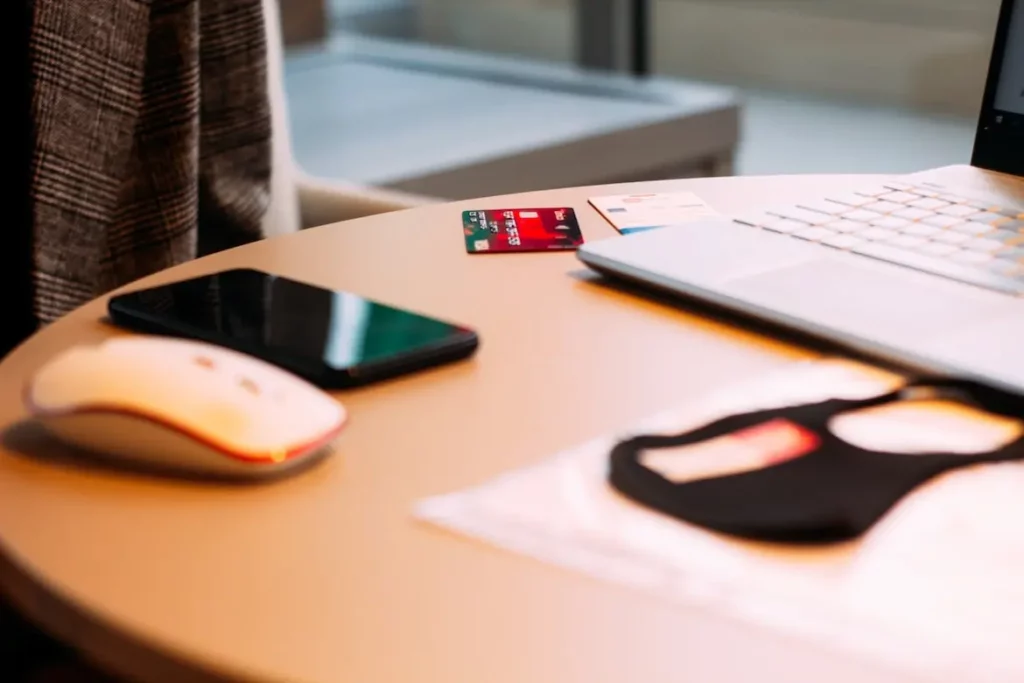The internet has become an integral part of daily life. It completely changed the way we live and significantly improved our quality of life. For instance, no longer do you have to visit a bank to just check your balance, you simply take out your phone, open your online banking account, and check it yourself.
While online bank accounts bring a lot of convenience to the table, they come with a few security risks as well. If your password is not strong enough and your personal device falls into malicious hands, you might lose some of your funds before you are able to report the incident to your online bank.
To ensure that never happens, we’ve prepared some safety tips that will help you keep your online bank account protected at all times.
Avoid using unsecured public Wi-Fi
While online bank accounts are designed to offer users access to their funds while on the go or at home, you still need to be cautious about how you access yours. It’s a common occurrence to check your bank account before ordering a cup of coffee on that pricy coffee bean shop’s Wi-Fi, however, try to avoid it.
While the shop itself might have no malicious intentions, some hackers can tap into the network and gather your personal information which can be very costly on your end. If in doubt about the public Wi-Fi’s security, set up a 4G or 5G internet hotspot and check your balance and/or make transactions safely via your laptop.
Furthermore, avoid saving your login information. Most of the time, when you type in your login credentials on the bank’s site, a pop-up message will appear at the upper left corner of your device’s screen asking you whether you would like to save your login. Opt not to do this as the saved 5 to 10 seconds are not worth the security risk.
You should also do this for your social media channels to avoid any problems if, for some reason, your smartphone or laptop falls in the wrong hands.

Create a passphrase not password
It might be boring to type out a long phrase each time you want to access your bank account, but it is much safer than the conventional password. Passphrases are a lot longer and most of the time, harder to guess.
Avoid using cliche passwords such as your birthday date or your pet’s name. If you have a personal account, not a joint one, it would be wise not to share the passphrase of your private online bank account with your partner as well.
And lastly, it’s never a bad idea to set up a two-step authentication process. Some online banks will send you a code on your smartphone which you need to type in a little field in order to gain access to your online banking account and its features.
Check your bank statement each month
While your online bank account’s recorded stats are great to keep track of your spending, there’s nothing like the old fashion bank statement. You can review all your expenses, compare them with your online account statements and see whether something is out of place.
Most of the time, if your passphrase is strong, problems such as these will never occur. However, it’s always better to be safe rather than sorry.
Beware of phishing
Some scammers will send out links via email that if clicked can result in your account being in jeopardy. Always open your account safely by typing the exact bank’s URL. And, If you do not notice a padlock at the beginning of your search bar, you are not on the right site. This little symbol indicates that the web is secure and completely encrypted.
In addition, don’t open emails that land in your email spam folder. The legitimate bank-sent emails will have sophisticated designs and the email address will be the same as their domain name.
Bottom line
There’s no doubt that someone will try to pick the lock to your online bank accounts at some point. However, if you implement the strategies we outline for you above, you will be prepared for any type of cyberattack. Having said that, don’t forget to set up a two-step authentication process in order to log into your bank account.









